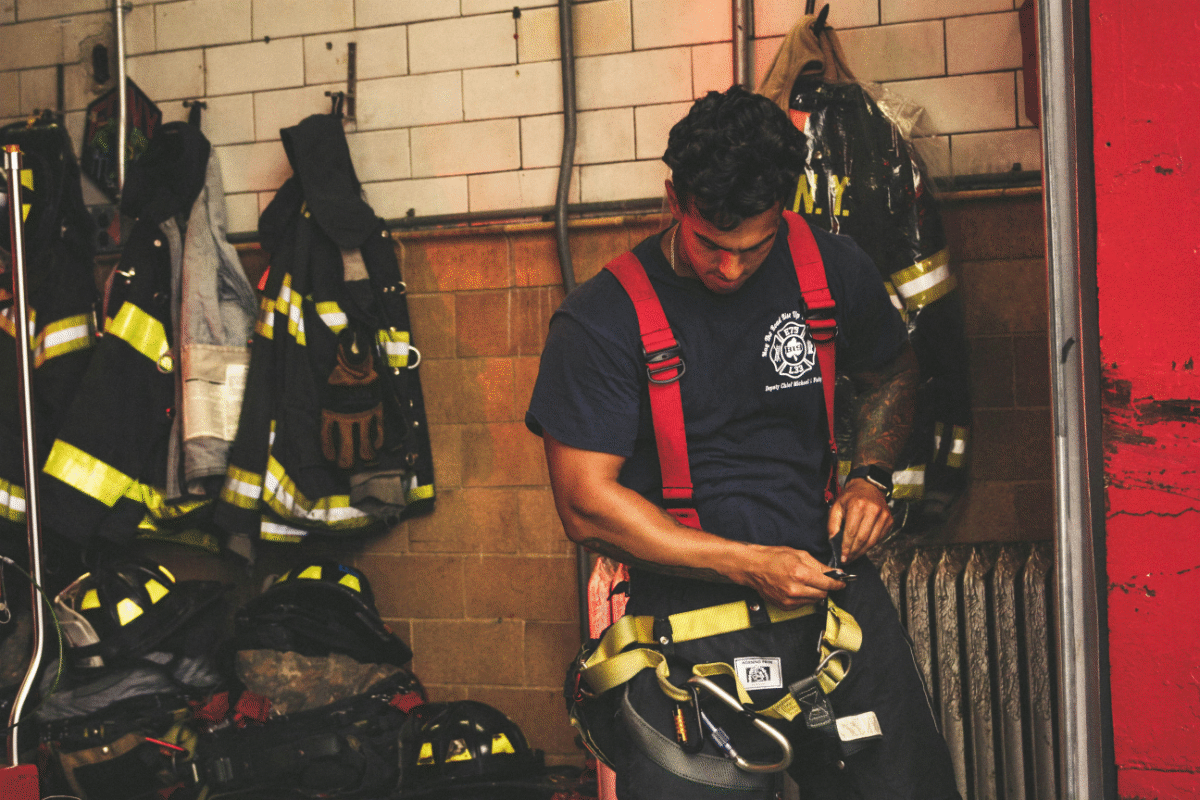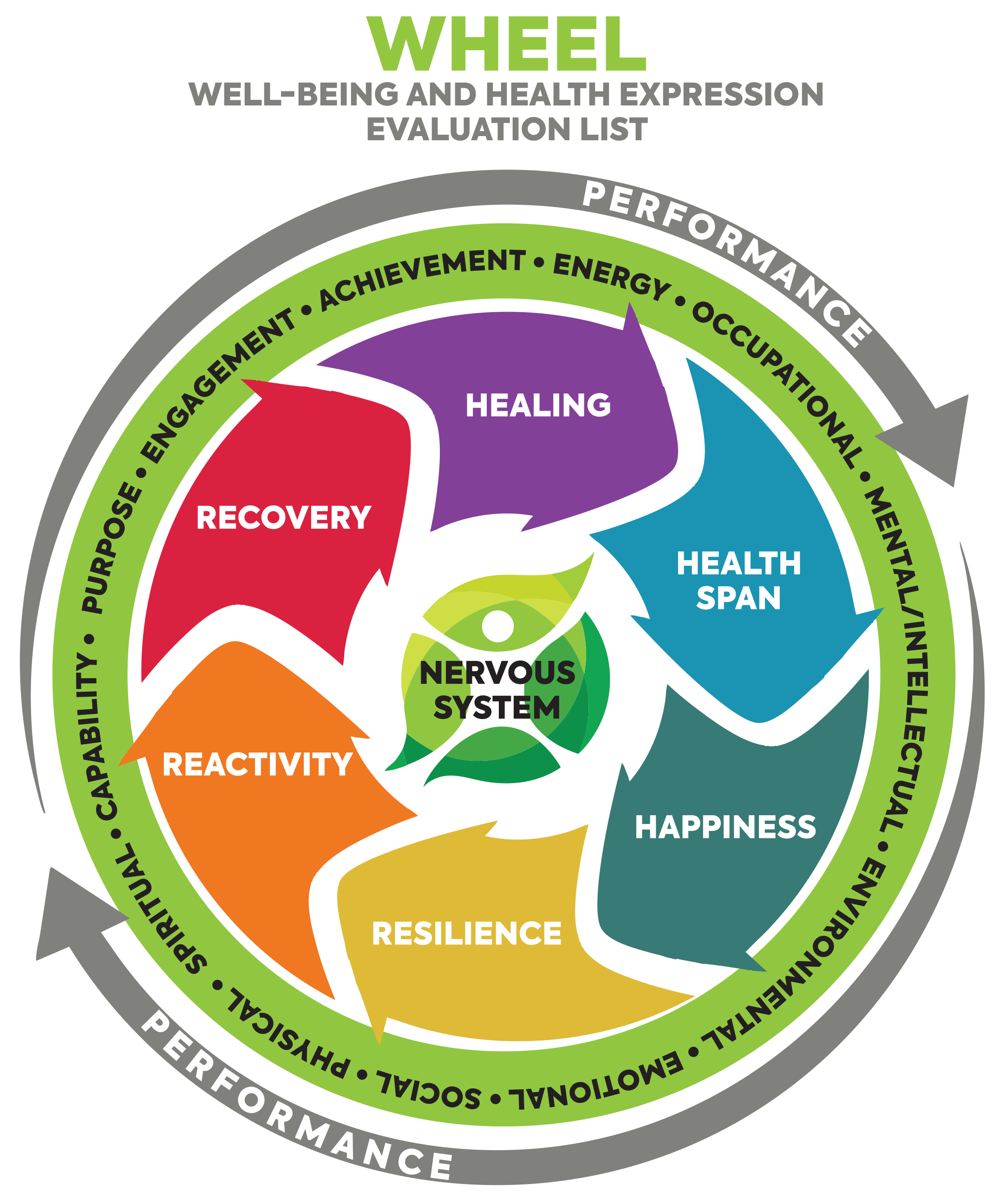CCR Frontline Workers Task Force

Our Vision
The Frontline Workers Task Force is a research ecosystem centered around complementary healthcare approaches to solving the well-being and health challenges of frontline workers engaged in community service or defense. By integrating dialogue, evidence-based research, holistic health strategies, and innovative wellness solutions, we aim to create a sustainable framework that enhances resilience and recovery for those who serve our communities.
Understanding Frontline Workers
Frontline workers are the backbone of our society, providing critical services that ensure public safety, health, and infrastructure. These dedicated professionals operate in high-pressure environments, often facing physical, emotional, and psychological stressors that impact their overall well-being. Frontline workers include:
- Transportation Workers (e.g., bus drivers, train operators)
- Educators (e.g., teachers, school administrators)
- Emergency Responders (e.g., police, firefighters, EMTs, 911 operators)
- Healthcare Professionals (e.g., nurses, ER staff, paramedics)
- Social Workers
- Military Personnel (both active duty and retired)
Recognizing the immense challenges these professionals face, Life University’s Dr. Sid E. Williams Center for Chiropractic Research (CCR) and Complementary Healthcare Advanced Research and Leadership Institute (CHARLI) are launching a dedicated research effort to understand and support the health and well-being of frontline workers and advocate for complementary healthcare solutions that promote resilience and recovery.
The WHEEL: A Comprehensive Approach to Well-Being
To better understand how frontline workers are affected by their careers, we utilize the Well-being and Health Expression Evaluation List (WHEEL), a research tool developed by Life University’s CCR. This tool examines well-being through six essential capacities and twelve domains of well-being and health:
By analyzing how these categories intersect with the unique demands of the frontline workforce, we aim to develop evidence-based strategies to improve health outcomes for these essential professionals.
The Impact of High-Stress Careers on Health and Well-Being
The nature of frontline work exposes individuals to chronic stress, which can lead to a variety of health concerns. Research has demonstrated striking statistics that underscore the risks:
- Firefighters are more likely to die from heart attacks than any other job-related cause, largely due to the intense physical exertion and acute stress they experience in the field. (https://www.usfa.fema.gov/statistics/reports/firefighters-departments/firefighter-fatalities.html?utm_source=chatgpt.com)
- Urban bus drivers face some of the most demanding and unhealthy working conditions, leading to higher rates of mortality, morbidity, absenteeism, and turnover. Studies have consistently shown that urban bus drivers experience higher rates of mortality and morbidity compared to other occupations. They are more susceptible to cardiovascular diseases, gastrointestinal issues, and musculoskeletal problems. (https://www.transittraining.net/images/uploads/document_previews/Bus_Operator_Health_Issues.pdf?utm_source=chatgpt.com)
- Teachers report increasing levels of burnout, anxiety, and depression, with stress levels rising significantly in recent years (Agyapong, 2022).
- First responders (e.g., police officers, EMTs) are at elevated risk for PTSD and other mental health conditions due to repeated exposure to traumatic events (SAMHSA, 2018).
- Workplace mental health data suggests that certain industries, including healthcare and emergency services, have some of the highest prevalence rates for depression (Wulsin, 2014).
Advancing Research to Drive Meaningful Change
At the CCR areas being explored include understanding and solution development for conditions such as post-concussion syndrome (PCS), obesity, metabolic syndrome, and depression in frontline workers. PCS, often resulting from repeated head trauma or mild traumatic brain injuries, is a significant concern for military personnel, emergency responders, and law enforcement officers. Symptoms such as cognitive difficulties, headaches, dizziness, and mood disturbances can impair job performance and overall well-being.
Due to the high-stress environments, irregular work hours, and limited access to healthy lifestyle choices, frontline workers often experience obesity and metabolic syndrome. Sedentary job conditions, shift work, and chronic stress contribute to increased rates of obesity and metabolic syndrome, which in turn raises the risk for cardiovascular disease, diabetes, and other metabolic disorders. Transportation workers, emergency responders, and healthcare professionals are particularly vulnerable to these health challenges.
Depression is another major concern for frontline workers, who experience prolonged exposure to stressful and traumatic situations. High levels of job-related stress, demanding work environments, and emotional exhaustion contribute to an increased prevalence of depressive disorders.
Get Connected
By prioritizing the well-being of those who serve and protect our communities, we can create a healthier, more resilient community. Stay connected with the Frontline Workers Task Force to follow our research, access resources, and contribute to this critical conversation.
